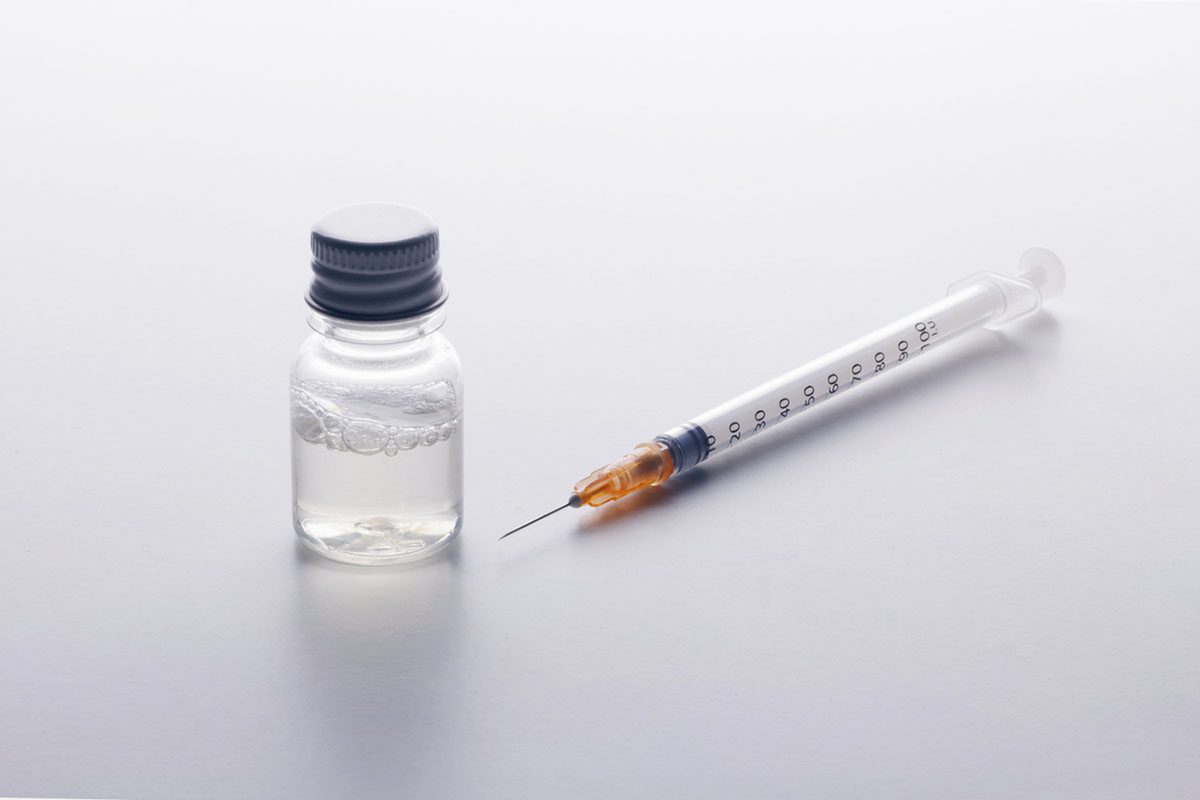Comparing Psychotherapy and Pharmacotherapy for Adult Depression: Adjusting for Differential Dropout Rates
To the Editor: In our meta-analysis1 of studies in which the effects of psychotherapy and pharmacotherapy for adult depression were compared directly to each other, we found a trend that pharmacotherapy may be somewhat more effective than psychotherapy (P < .1), that SSRIs were more effective than psychotherapy (P < .01), and that dropout rates in pharmacotherapy were higher than in psychotherapy (P < .05). It is possible that the finding that pharmacotherapy is superior is the result of the higher dropout rates with pharmacotherapy. We did not examine this possibility in our earlier study.
Method. We selected the studies from our earlier meta-analysis1 that reported dichotomous outcomes. This allowed us to simulate an intention-to-treat analysis, which controls for differences in dropout. We calculated the relative risk of recovery or improvement for all patients who were randomized. If there was a difference between the number of randomized patients and the number of patients for whom outcomes were reported, we assumed that these patients had not recovered or improved. This can be considered as a simplified intention-to-treat analysis, in which the last observation was carried forward.
A total of 22 of the original 30 studies (with 28 comparisons between pharmacotherapy and psychotherapy; references 7, 18-20, 22-27, 30, 33, 35-42, 45, and 46 from our meta-analysis1) presented dichotomous outcomes and the exact number of randomized patients. First, we reconducted the original analyses with the sample of 21 studies and found almost the same results as in the original study (the effect size was identical, Cohen d = 0.07, but there was no trend anymore that pharmacotherapy was more effective than psychotherapy, probably because of lack of statistical power, and the selective serotonin reuptake inhibitors [SSRIs] were still significantly more effective than psychotherapy, d = 0.20, P < .01). Then we calculated the relative risk of recovery for each comparison and pooled these using the same methods as in our original study. The 28 comparisons included a total of 48 dichotomous outcomes. Multiple outcomes in the same comparison group were pooled, so that each study had only 1 effect size. Detailed results are available from the first author.
Results. The pooled relative risk of improvement was 1.03 (95% CI = 0.94-1.1)2 in favor of pharmacotherapy, which was not significant (P = .61). Heterogeneity was low (I2 = 24.35). Because we found, in our earlier study, a significant difference between studies including SSRIs and those examining tricyclic antidepressants (TCAs) or other pharmacotherapies, we conducted a subgroup analysis to examine whether this was also true in the current analysis. We found no significant difference (P = .44) between the 3 groups of medication (SSRI: RR = 1.08; TCA: RR = 0.93; other: RR = 1.07).
After controlling for dropout from studies, we found no indication for a significant difference between pharmacotherapy and psychotherapy. These analyses do not result in direct evidence that there is no significant difference, and it is possible that pharmacotherapy yields lower depression scores while the number of responders is equal in both treatments. It does, however, suggest that differences in effect sizes found in studies comparing the 2 treatments may be influenced by the lower dropout rates with psychotherapy. Future meta-analyses should examine dropout rates more carefully.
References
1. Cuijpers P, van Straten A, van Oppen P, et al. Are psychological and pharmacologic interventions equally effective in the treatment of adult depressive disorders? a meta-analysis of comparative studies. J Clin Psychiatry. 2008;69(11):1675-1685. PubMed doi:10.4088/JCP.v69n1102
2. Rush AJ, Beck AT, Kovacs M, et al. Comparative efficacy of cognitive therapy and pharmacotherapy in the treatment of depressed outpatients. Cognit Ther Res. 1977;1(1):17-37. doi:10.1007/BF01173502
Author affiliations: Department of Clinical Psychology, VU University (Drs Cuijpers and van Straten); EMGO Institute, VU University Medical Center (Drs Cuijpers, van Straten, and van Oppen); Department of Psychiatry, VU University Medical Center (Dr van Oppen), Amsterdam, The Netherlands; and Department of Behavioural Sciences and Learning, Linköping University, and the Department of Clinical Neuroscience, Psychiatry Section, Karolinska Institutet, Stockholm, Sweden (Dr Andersson). Potential conflicts of interest: None reported. Funding/support: None reported.
doi:10.4088/JCP.09l05891blu
© Copyright 2010 Physicians Postgraduate Press, Inc.




